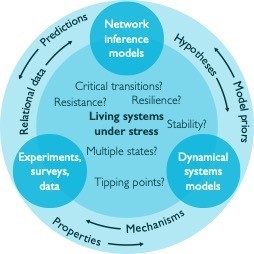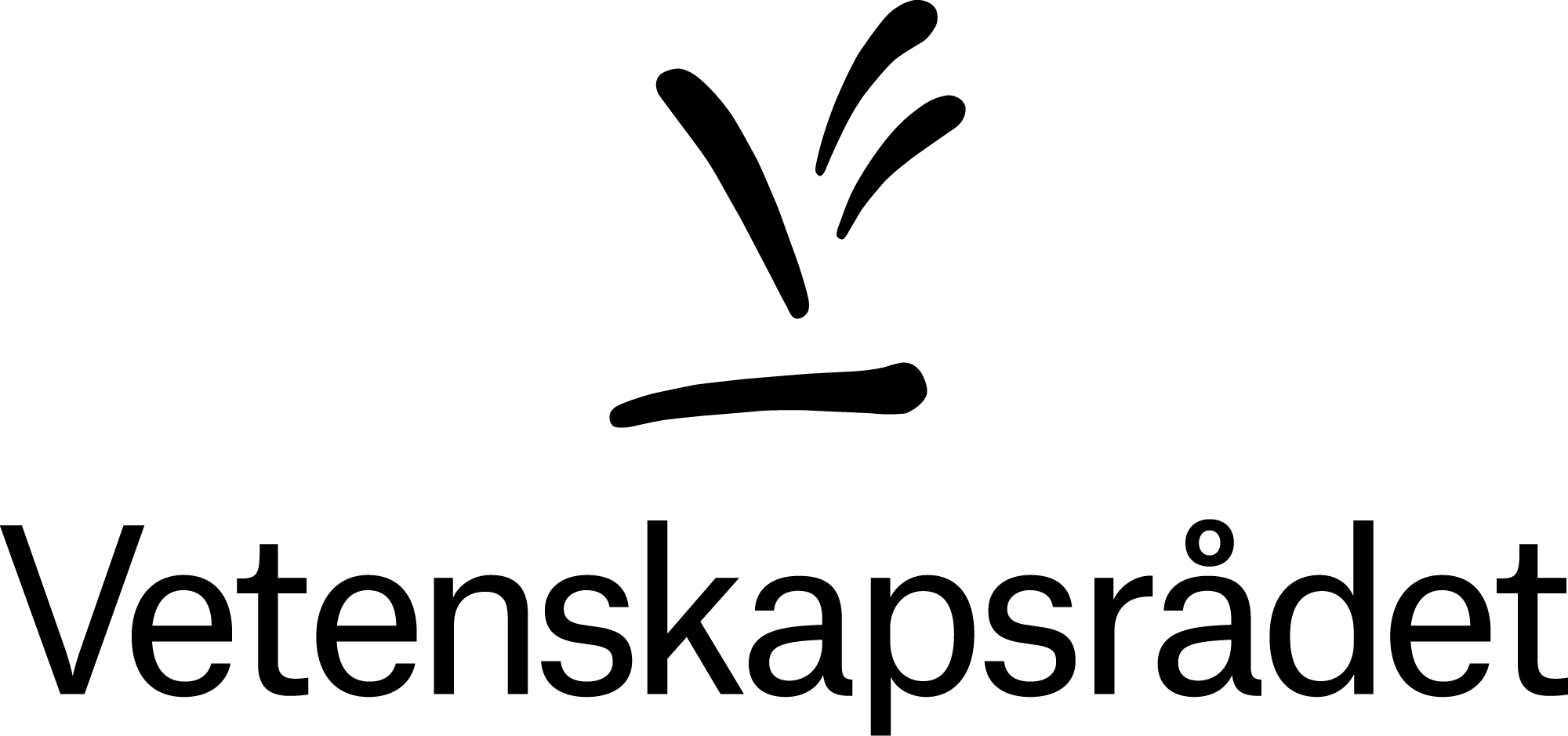A warm welcome to
IceLab Stress Response Kick-Off Conference
10 - 11 June 2024
Umeå University
Stress Response Modeling at IceLab, a VR excellence center with support from Kempestiftelserna and KAW dedicated to modeling adaptive mechanisms in living systems under stress, warmly invites you to our kick-off conference.
Conference Schedule
- June 10: Official inauguration of the excellence center. The day will be filled with engaging sessions from international keynote speakers exploring our central theme. We also invite researchers to present their unique challenges and methods connected to living systems under stress.
- June 11: Nurturing of project seedlings. We encourage researchers to delve deeper into new research territories in small working group sessions.
Why you should join
This kick-off conference aims to improve our mutual understanding of the research gaps and tools in understanding adaptive mechanisms in living systems under stress and develop a common language. Our specific goal is to establish working groups by the end of the second day, with the initiation of project ideas to be developed in collaboration with Stress Response Modeling at IceLab.
You will find new collaborators with complementing skills to explore your research questions under the research umbrella of living systems under stress. We encourage all to take part in this kick-off conference - empiricists, modelers, theoreticians, bioinformaticians are all welcome.
Important Dates
- May 14th - Deadline for submitting contributed pitches along with your registration
- May 31th - Deadline for registration
About the Excellence Center
Stress Response Modeling at IceLab is a multidisciplinary complexity center. Our mission is to uncover universal principles and adaptive mechanisms in living systems under stress. These insights will explain the conditions that lead to the emergence of stability, resilience, and resistance, as opposed to multiple states, critical transitions, and tipping points.
We conduct our research across three pillars:
- Experiments and data: System-specific empirical knowledge shared across organization scales of study systems.
- Network inference modeling: For predictions and mechanistic hypotheses.
- Dynamical systems modeling: Explaining how these systems drive or inhibit critical transitions.
Integrating research across these pillars requires innovative thinking and the involvement of researchers from empirical, data-driven, and theoretical life science backgrounds. Collaboration across these diverse fields can be challenging.

Read more about IceLab here >>





